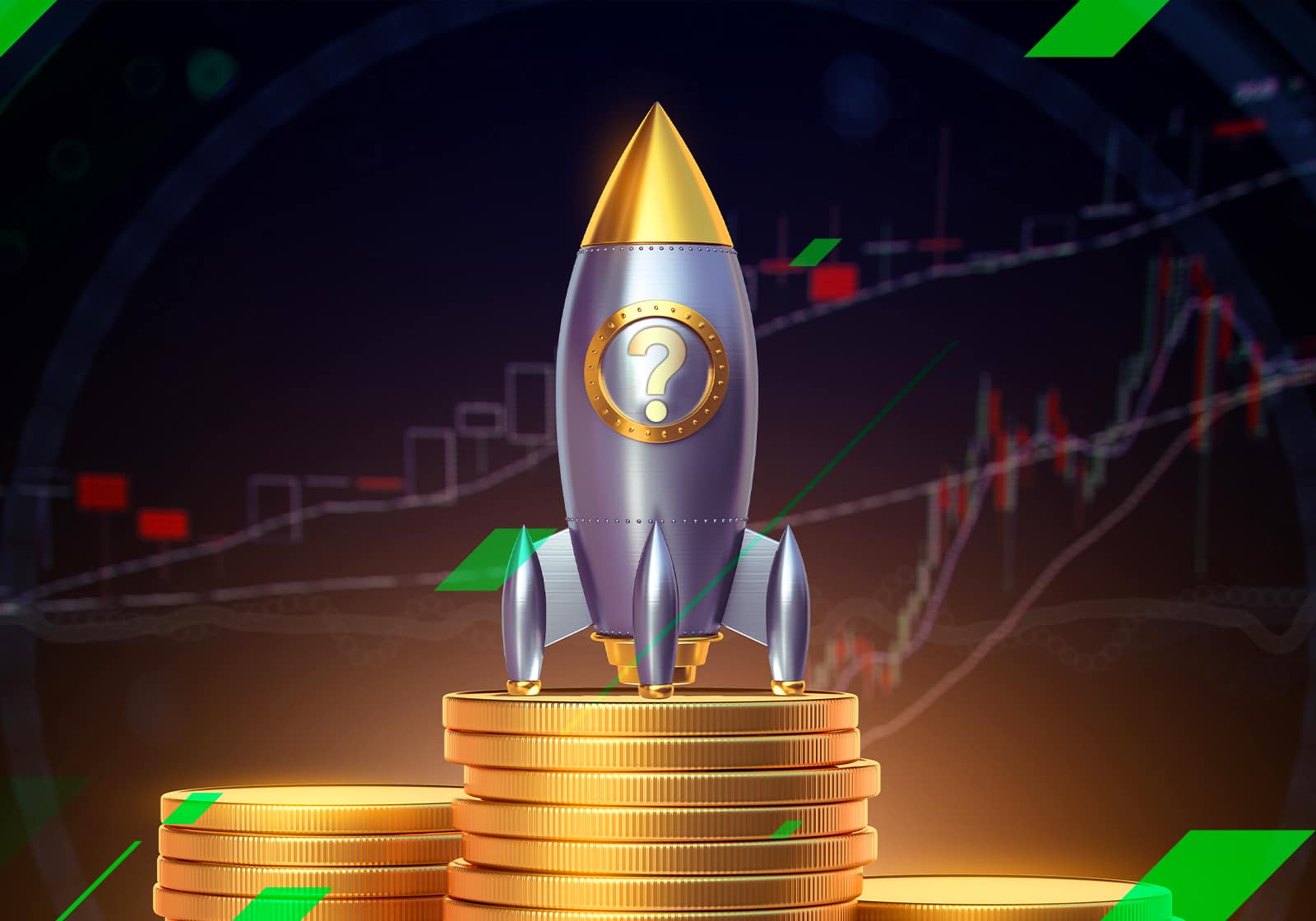Decentralized Autonomous Organizations (DAOs) have emerged as a revolutionary model for collective investment and decision-making in the crypto space. These decentralized entities operate Read More
Understanding Decentralized Autonomous Organizations (DAOs):
1. Autonomous Governance:
DAOs are governed by smart contracts and decentralized consensus mechanisms, enabling autonomous decision-making without central authorities or intermediaries. Participants interact with DAOs through tokens, vote on proposals, and contribute to collective funds based on predefined rules and protocols.
2. Collective Investment:
DAOs facilitate collective investment by pooling funds from multiple participants, who become token holders and governance stakeholders. Investment decisions, fund allocation, and project funding are determined through transparent voting processes, ensuring democratic governance and community participation.
3. Tokenomics and Incentives:
DAOs utilize tokenomics to incentivize participation and align interests among members. Token holders may receive rewards, voting power, or governance rights based on their contributions, stakeholding duration, or token vesting schedules, encouraging active engagement and long-term commitment.
4. Smart Contract Execution:
Smart contracts automate fund management, token distributions, and decision execution within DAOs. These self-executing contracts enforce rules, execute transactions, and maintain transparency, reducing operational costs, administrative overheads, and trust dependencies.
Potential Impact of DAOs on Venture Capital:
1. Democratizing Investment Opportunities:
DAOs democratize access to investment opportunities by allowing retail investors, small funds, and individual contributors to participate in venture capital funding. This inclusivity expands the pool of potential investors, diversifies investment portfolios, and unlocks capital for innovative projects.
2. Decentralized Decision-Making:
DAOs enable decentralized decision-making processes, where community members collectively evaluate investment proposals, conduct due diligence, and vote on funding allocations. This decentralized governance model promotes transparency, accountability, and consensus-driven decision-making, mitigating biases and conflicts of interest.
3. Disintermediation and Cost Efficiency:
By eliminating intermediaries, DAOs reduce administrative costs, management fees, and reliance on centralized institutions in venture capital. Smart contract automation streamlines fund operations, reduces friction in investment processes, and increases capital efficiency for both investors and project teams.
4. Global Collaboration and Network Effects:
DAOs foster global collaboration and network effects by connecting diverse stakeholders, expertise, and resources across geographical boundaries. Collaborative decision-making, knowledge sharing, and strategic partnerships within DAO communities amplify the collective intelligence, innovation potential, and impact of venture capital initiatives.
Challenges and Considerations:
1. Regulatory Compliance:
Navigating regulatory frameworks, legal complexities, and compliance requirements poses challenges for DAOs operating in venture capital. Regulatory clarity, jurisdictional considerations, and adherence to securities laws are essential for maintaining legal compliance and investor protection.
2. Governance Risks:
DAOs face governance risks related to voting manipulation, sybil attacks, and malicious actors attempting to exploit governance loopholes. Robust governance mechanisms, dispute resolution protocols, and security measures are needed to mitigate governance risks and maintain trust in DAO operations.
3. Scalability and Adoption:
Scalability limitations, network congestion, and technical constraints in blockchain infrastructure can impact the scalability and adoption of DAOs in venture capital. Scalability solutions, interoperability protocols, and advancements in blockchain technology are critical for scaling DAO operations and expanding their impact.
Conclusion:
Decentralized Autonomous Organizations (DAOs) are reshaping the landscape of venture capital, offering a decentralized, inclusive, and transparent model for collective investment in the crypto space. With their autonomous governance, democratized investment opportunities, and cost-efficient operations, DAOs have the potential to disrupt traditional venture capital models, democratize access to capital, and drive innovation in the global startup ecosystem. Overcoming regulatory challenges, enhancing governance mechanisms, and fostering scalability will be key factors in unlocking the full potential of DAOs in venture capital and catalyzing decentralized innovation in the crypto economy.




